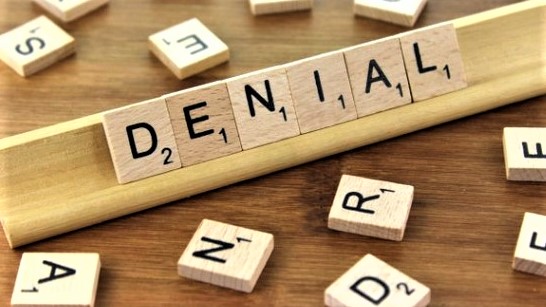 Our friend David Rutz at the Washington Free Beacon listened to a typically one-sided hour of National Public Radio on climate change on Tuesday and wrote an article titled "NPR: How Do We Talk to the Dangerous Idiots Who Disagree With Us?"
Our friend David Rutz at the Washington Free Beacon listened to a typically one-sided hour of National Public Radio on climate change on Tuesday and wrote an article titled "NPR: How Do We Talk to the Dangerous Idiots Who Disagree With Us?"
The national talk show 1A tweeted out this summation: "Climate change is a fundamental threat. The science is clear and scientists around the world agree that this a man-made problem. What, if anything, can be done to win over climate skeptics?"
Rutz summarized it this way: "I listened to a remarkable bit of self-parody on National Public Radio on Tuesday: a moderator, a pair of experts, and some very earnest listeners trying to figure out how to most politely tell climate change skeptics they are dangerous idiots."
1A host Joshua Johnson led off the program with this summary:
Clearly climate change is tough to discuss, despite overwhelming scientific evidence of its existence. Or maybe because of that evidence. I mean, think about it. If someone tried to hit you over the head with a bunch of facts and figures, supremely confident that they are right and you are wrong, how would you feel? Or, if someone flat out refused to hear you out, despite the facts being really clear, and just dug in their heels to avoid feeling like they lost an argument, what would that be like? We want to elevate this debate, to change the way we talk about climate change.
They might find you patronizing. Just a guess.
The guest experts were Paul Bledsoe, an Obama climate adviser, and Sarah Myhre, a scientist and founder of the Rowan Institute. A caller led off by wondering why Trump and his supporters are so "adamantly ignorant" on this issue. Johnson wondered it that was fair. Myhre explained that the narrative of climate catastrophe is "distorted across this partisan space because of how well-funded the interests from fossil fuel and oil companies have flooded the market of ideas with distortive narratives."
But this is where this seemingly unanimous debate fractured into political correctness. Myher broke out her "feminist lens."
I use a feminist lens to think about how scientific information is brokered in the public, and how I, as a woman scientist, have—I'm constantly reframed as unqualified to broker information in the public, and so if we want to talk about integrating science into public policy and developing trust, we really want to get more and more curious about what—why are voices being eliminated from the public forum? Why do we have such a partisan, distorted narrative?
Bledsoe interrupted -- uh oh! -- to say the U.S. problem with climate change was unique in its political and cultural aspects, but Myhre responded:
I would agree with that, but I just want to reflect back again that the entire world, by and large, and the world's global resources are run by men, and those decisions are made by men, and so one of the fundamental aspects of solutions for climate change has to do with anti-racism and anti-misogyny, and that is at a global level.
After the show, Myhre was furious. "Hope you all noted that male power brokering through over talking and interrupting. Classic." She also tweeted: "Hey how's your day going? Pretty good. Got patronized on national radio this morning, ate some cold pancakes for lunch, and now I'm off to a sexual harassment meeting."
Rutz concluded: "I'm sorry she didn't have a good time, because I certainly did."




